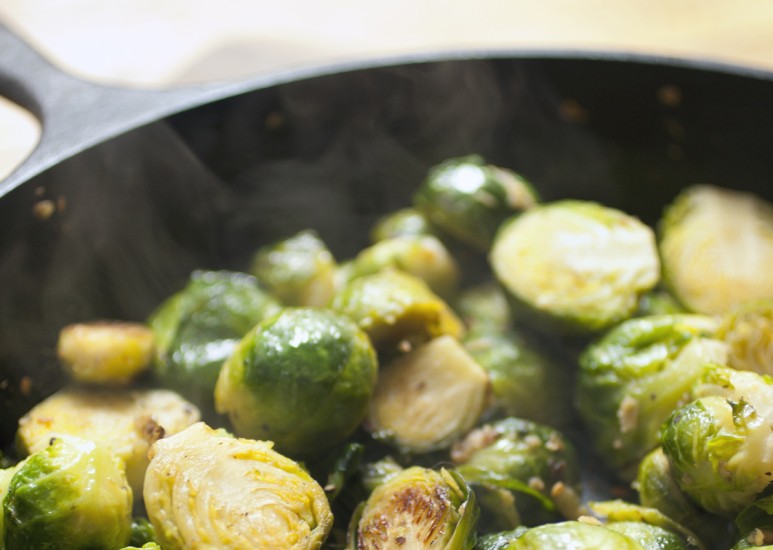Contrary to popular belief, vitamin C doesn’t prevent colds. However, loading up on it is still an excellent idea. Vitamin C is necessary for growth and development as well as repairing all body tissues. It plays an important role in collagen formation, the absorption of iron, wound healing and the proper function of your immune system.
When you think about sources of vitamin C, you probably think of oranges. Despite their reputation for being loaded with vitamin C, the ~70 mg an orange provides is actually less than many other common fruits and veggies (bell peppers, for example, have a whopping 95 mg).
Here are some vitamin C-rich foods that pack more punch than an orange.
Broccoli
A great source of fiber with a plethora of other vitamins to boot, just one cup of chopped, raw broccoli florets boasts about 80 mg of vitamin C, along with vitamin K, which is important for bone health.
Hot Peppers
Time to spice things up! A half-cup of chopped or diced chili peppers serves up 107 mg of vitamin C. On top of that, research shows that capsaicin, the chemical compound that makes chili peppers hot, may help relieve joint and muscle pain.
Kiwi
Small package, giant health benefits. Just two of these tiny fruits have 128 mg of vitamin C. Have trouble sleeping? Research also shows that kiwis help you fall asleep more quickly and improve sleep quality, likely due to their high levels of serotonin, a hormone that plays a role in initiating sleep onset.
Brussels Sprouts
A cup of brussels sprouts contains 75 mg of vitamin C, along with cancer-fighting nutrients. So many reasons to love these little green guys. They taste great roasted with olive oil and salt, or shredded raw on top of your favorite salads for extra crunch.
How much vitamin C should you have in your daily diet? The proper amount is around 90 mg for men, 75 mg for women, and 120 mg for pregnancy. Those who smoke should increase that recommendation by 35 mg per day in comparison to non-smokers. You should keep the maximum amount of 2000 mg per day.
Have questions about vitamins? Learn more about nutrition and food choices with Community Health Network.
